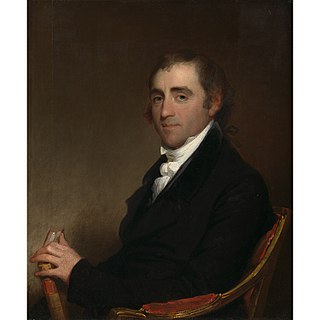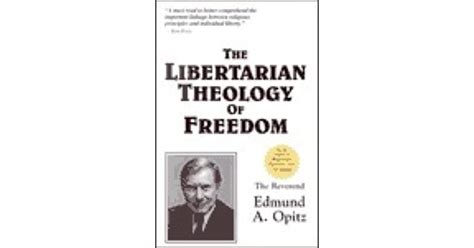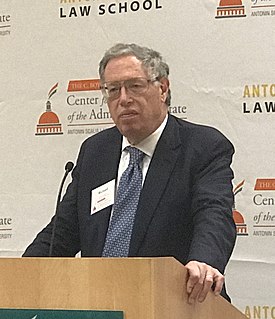A Quote by Ron Paul
Our Constitution, which was intended to limit government power and abuse, has failed.
Quote Topics
Related Quotes
A constitution is not the act of a government, but of a people constituting a government; and government without a constitution is power without a right. All power exercised over a nation, must have some beginning. It must be either delegated, or assumed. There are not other sources. All delegated power is trust, and all assumed power is usurpation. Time does not alter the nature and quality of either.
It is very certain that [the commerce clause] grew out of the abuse of the power by the importing States in taxing the non-importing, and was intended as a negative and preventive provision against injustice among the States themselves, rather than as a power to be used for the positive purposes of the General Government.
The Constitution was written to protect individual freedom and limit the ability of the government to encroach upon it. The liberals don't like that. The Democrats are very unhappy. The Constitution limits government too much. So they want to rewrite it, have a second Bill of Rights. So they want a new Bill of Rights that spells out what government can do instead of a Bill of Rights that tells government what it can't do.
Does the U.S. Constitution stand for anything in an era of government excess? Can that founding document, which is supposed to restrain the power and reach of a centralized federal government, slow down the juggernaut of czars, health insurance overhaul and anything else this administration and Congress wish to do that is not in the Constitution?
America's greatness is due in no small measure to our system of government, in which power and authority are deliberately divided. The separation of powers is not a mere "technicality." It is the centerpiece of our Constitution. Our freedoms depend upon it in the future, just as they have in the past.
Power is the great evil with which we are contending. We have divided power between three branches of government and erected checks and balances to prevent abuse of power. However, where is the check on the power of the judiciary? If we fail to check the power of the judiciary, I predict that we will eventually live under judicial tyranny.
THE Constitution proposed by the convention may be considered under two general points of view. The FIRST relates to the sum or quantity of power which it vests in the government, including the restraints imposed on the States. The SECOND, to the particular structure of the government, and the distribution of this power among its branches.
































